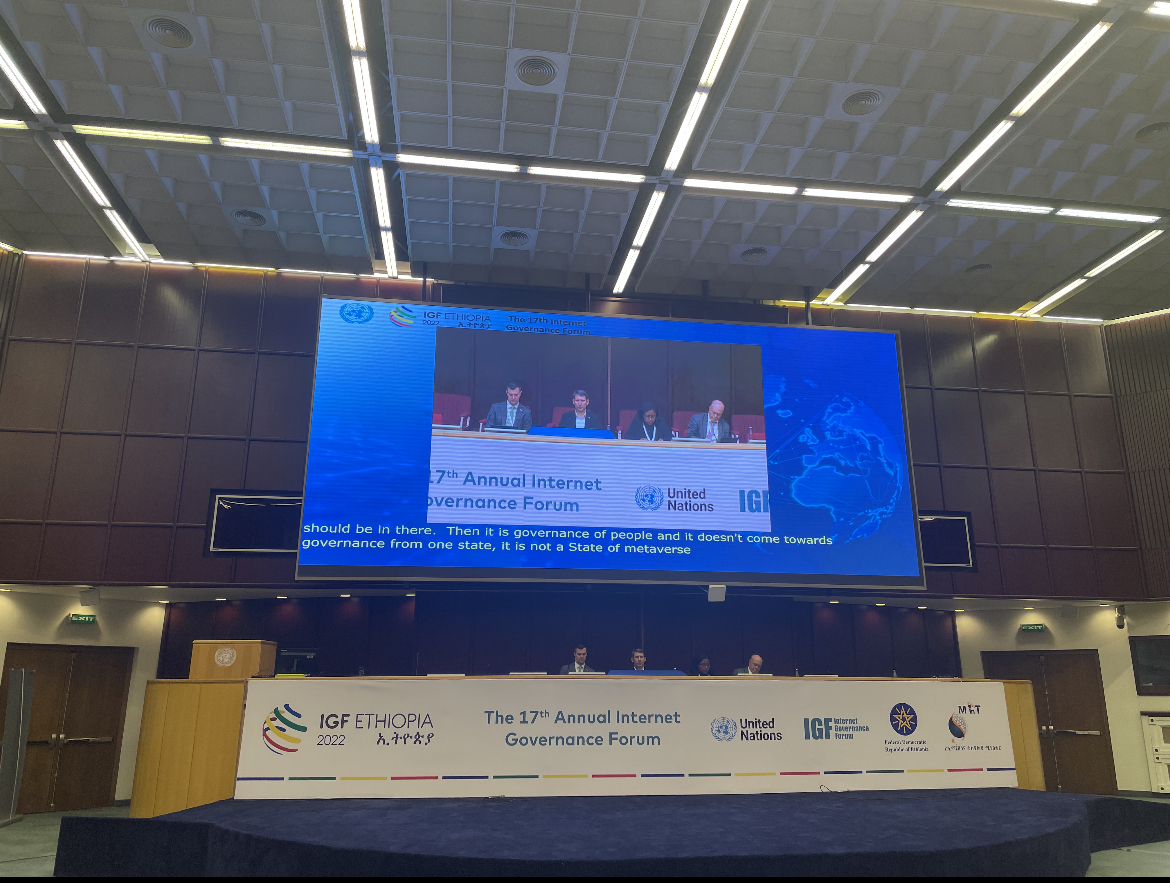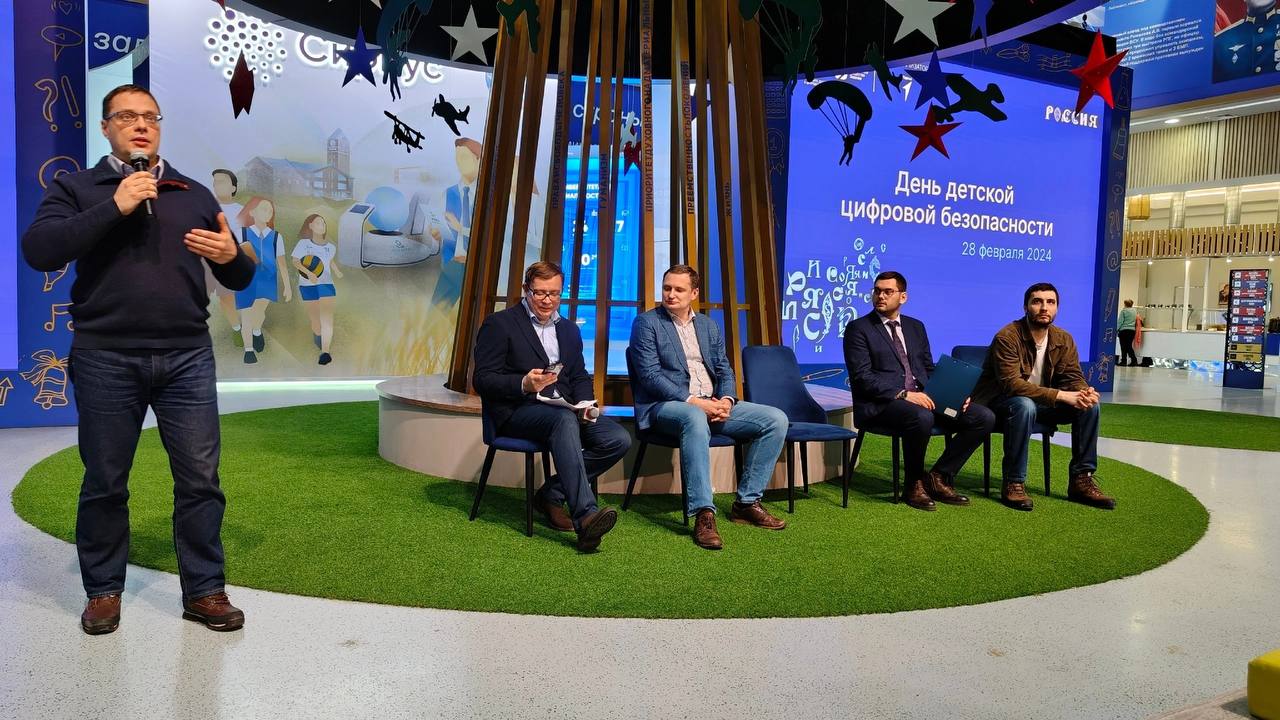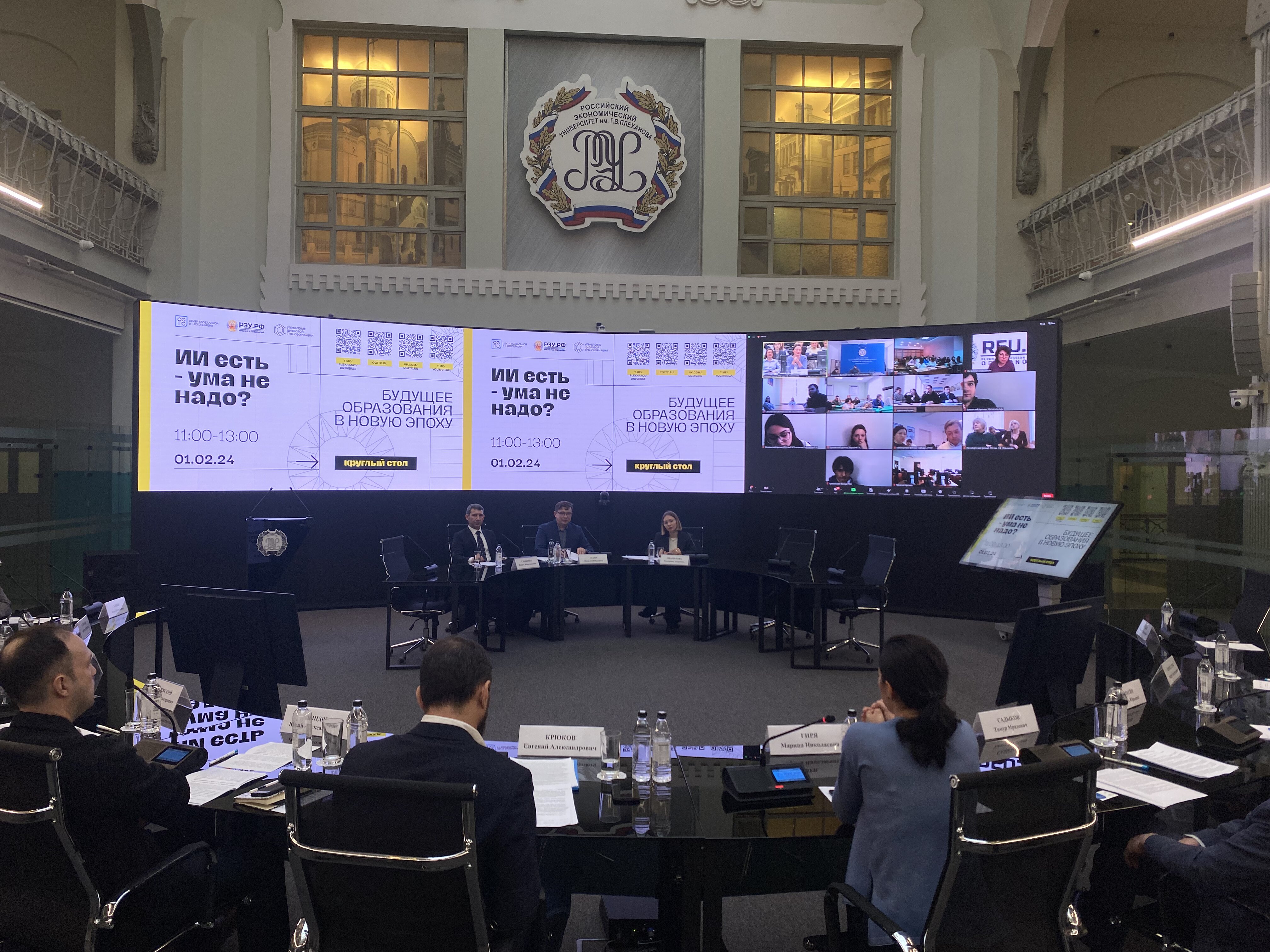Some experts believe that 90% of users who have access to a computer will use the metaverses as a virtual alternative to the real world by 2035, while up to 70% of these people will spend most of the day in them. They will not just replace social networks for us – they can replace the real world. However, we should not forget that a more complex structure like the metaverse will require much more sophisticated security. Cyber threats are not going anywhere – moreover, they are likely to get worse. Identity theft in this case will actually mean identify theft. The actions of the stolen "avatar" of a person can and will be used against him.
The discussion was attended by Amado Espinosa (Mexico), founder of Medicist, Alena Yudina (Switzerland), founder of Quantum Leap Strategy, Milos Jovanovic (Serbia), president of OpenLink Group, Mary Lou Cunanan (Philippines), founder of IT startup Syuomano, and Yombanana Andriamampionana (Madagascar), MAG Member from Africa. The session was moderated by Vadim Glushchenko, director of the Center for Global IT-Cooperation.
Vadim Glushchenko emphasized that for many people the metaverse is now something like an experiment, a playground. "Most people see it as a set of VR games or simulations. One of the reasons why this is happening is because NFT, another component of the metaverse, is a very popular product among gamers. But something more is the next step in social media and probably our understanding of the Internet. Legal issues, along with issues related to the cryptocurrencies used in the metaverse, create uncertainty that turns this reality into a gray area of law," said the moderator of the session. So, the question is, how do we define a new regulatory framework for the metaverses, and should we create one at all?
"The metaverse is similar to the UN, it is able to unite people," - Alena Yudina began her speech with this. "Metaverses are able to provide freedom of choice and a huge number of opportunities, but they are not able to fully replace the state, because issues of regulation will still arise," commented Alena Yudina.
When we talk about distributed ledger technologies, it is impossible not to touch on the topic of cybersecurity. "The main question that immediately arises is where will the data be stored? On whose territory? Creating a metaverse requires a massive infrastructure that should be located somewhere and store all files, including the people themselves. But what about user security then? There is no answer to this question yet, because we are not yet aware of all the possibilities and meaning of the metaverse itself," Milos Jovanovic noted in his speech.
Amado Espinosa, talking about the metaverses, focused on the topic of digital health. Now sensors in the metaverse can recognize all the information about a patient without wasting precious time filling out formalities. The metaverse is not only games, fashion shows, entertainment, but also a tool for creating essential services for users. He also said that soon the examination of a patient by a doctor may take place in the metaverse, which will become in some way a new level of telemedicine, where the patient and the doctor can be several thousand kilometers apart.
Mary Lou Cunanan in her speech raised a very important topic – the prospects for using the metaverses in the treatment and rehabilitation of people with disabilities. She is sure that the metaverses may well become part of health care, but this will take time. As arguments, she cited recent research that shows that immersive technologies have great potential in the field of clinical treatment and various types of rehabilitation. For example, AR devices can help deaf or hard of hearing people perceive music and other sounds using vibrations and optical-acoustic radiation.
The metaverses are quite capable of influencing the Global South, even though the technology may not come immediately to this region, said Yombanana Andriamampionana. In particular, this applies to the education system, where, thanks to the developed technologies of the metaverses, a student will be able to get the full experience of studying at a foreign university without leaving their own country.
Summing up the discussion, the moderator Vadim Glushchenko noted that in the metaverse, in any case, there should always be rules - and the discussion around the Global Digital Compact, an initiative proposed by UN Secretary General A. Guterres in September 2021 as part of the report "Our Common Agenda", can give impetus to the formation of these rules.
The XVII Internet Governance Forum is held in Addis Ababa (Ethiopia) from November 28 to December 2. The main theme and motto of the event – "Resilient Internet" – is a sustainable Internet for a common future, capable of withstanding any difficulties in the world and continuing to connect people in all parts of the world.





